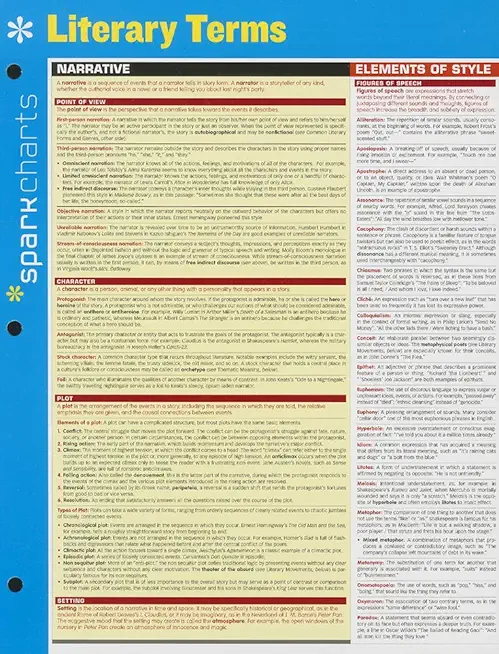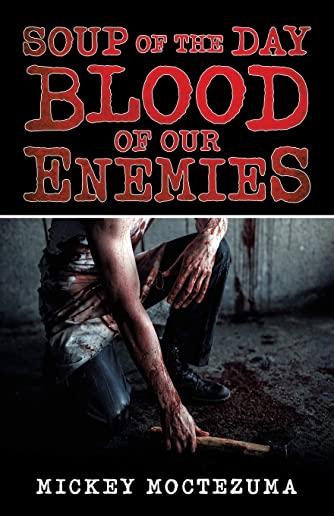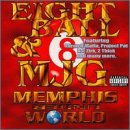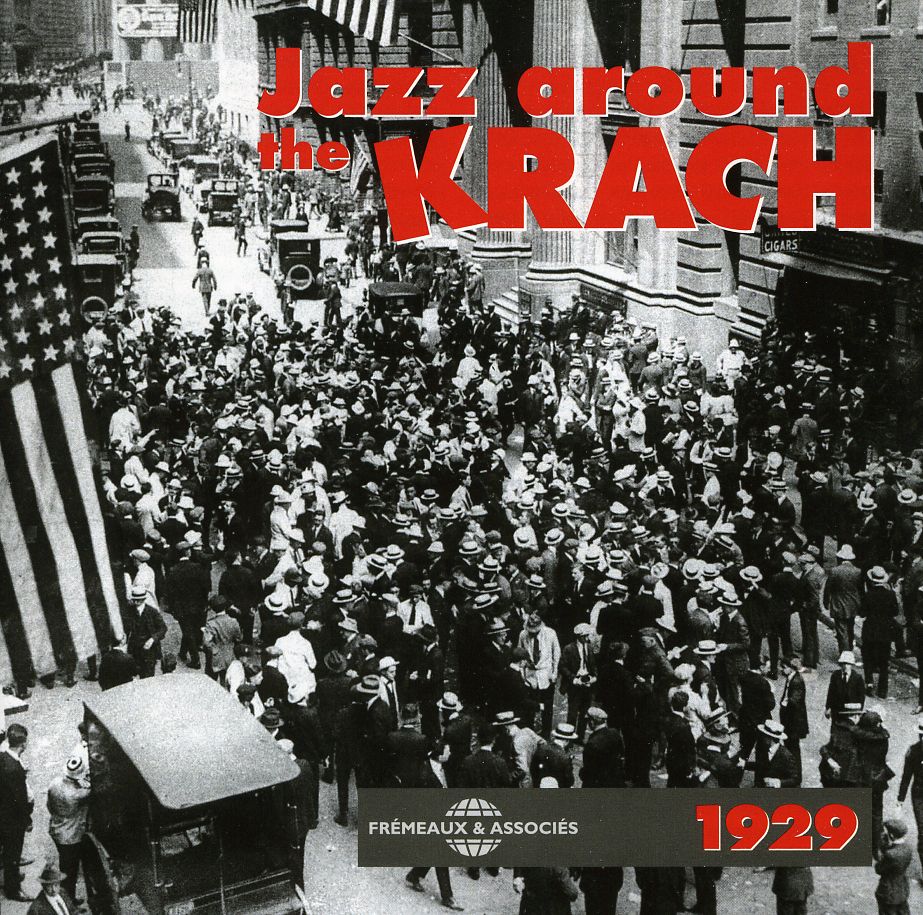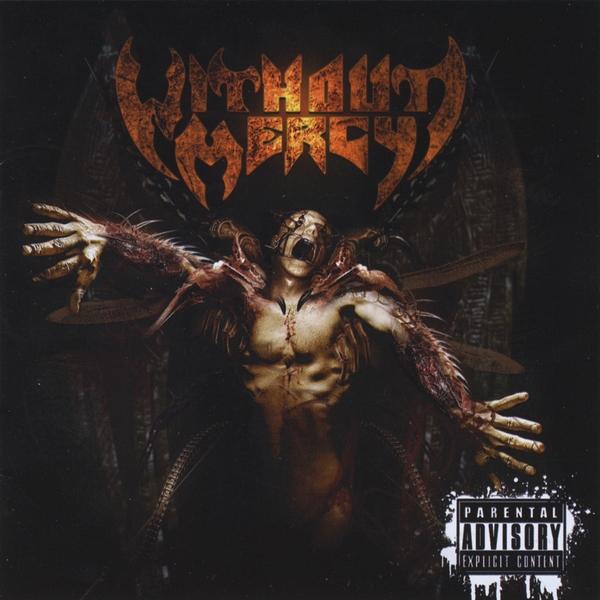
description
on Decvember 7, 1941, the United States Navy had no major fleet to battle the Japanese drive across the Pacific. In order to deal with Japanese expansion plans, America built a fleet of wooden fast attack boats that could battle the Japanese as they began driving East actoss the Pacific. The boats were armed with machine guns, torpedo tubes, small cannons, depth charges, and what ever other ordinance skippers could find to make their vessels more intimidating. The boats were powered by three Packard V-12 engines, allowing the eighty-foot boats to reach speeds of forty knots. The extemely shallow draft of the boats, allowed them to battle Japanese convoys in the shallow inlets and passages through out the many island chains of the pacific, where larger ships could not operate. Each boat contained a crew of thirteen to seventeen men, depending on the types of weapons each boat had. Every man on board a PT Boat was a volunteer, due to the extreme danger involved with their missions. The U.S. Navy searched far and wide, to find young officers that had experience handling high speed boats. The men on each boat were trained as a crew to make sure each boat had a qualified crew, that could handle the rigors of combat on the open ocean. Lt. Buzz Maddox, had worked in his fathers fishing fleet all his life, and had proved himeslf to be a good boat handler. After surviving the attack on Pearl Harbor and recovering from his wounds, Buzz volunteered for the PT Boat program. After completing the training course at Melville, Rhode Island, he and the crew of PT113 went to the Pacific to meet the Japanese head on. From island to island the gallant crews of America's PT Boats worked their way up through the Solomon Islands, New Guinea and the Philippines, battling the enemy until the end of the war. No matter where they fought, the crews all knew their war could end three ways, being killed in action, becoming a POW, or ending up in the shark filled waters that surrounded all the Pacific Islands. Although the men fought with tenacity, no one knew when their breaking point may come. Each man faced battle the same as a soldier in a fox hole, and each man had their own breaking point.
Because of their speed and maneuverability's American sailor's called these light weight fighting machines Mosquito Boats. The Japanese simply called them Devil Boat's.
member goods
No member items were found under this heading.
Return Policy
All sales are final
Shipping
No special shipping considerations available.
Shipping fees determined at checkout.
